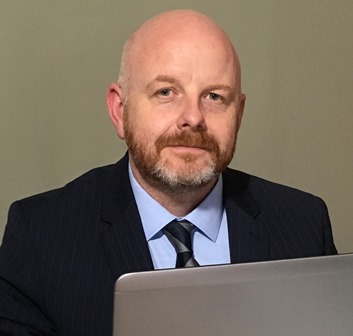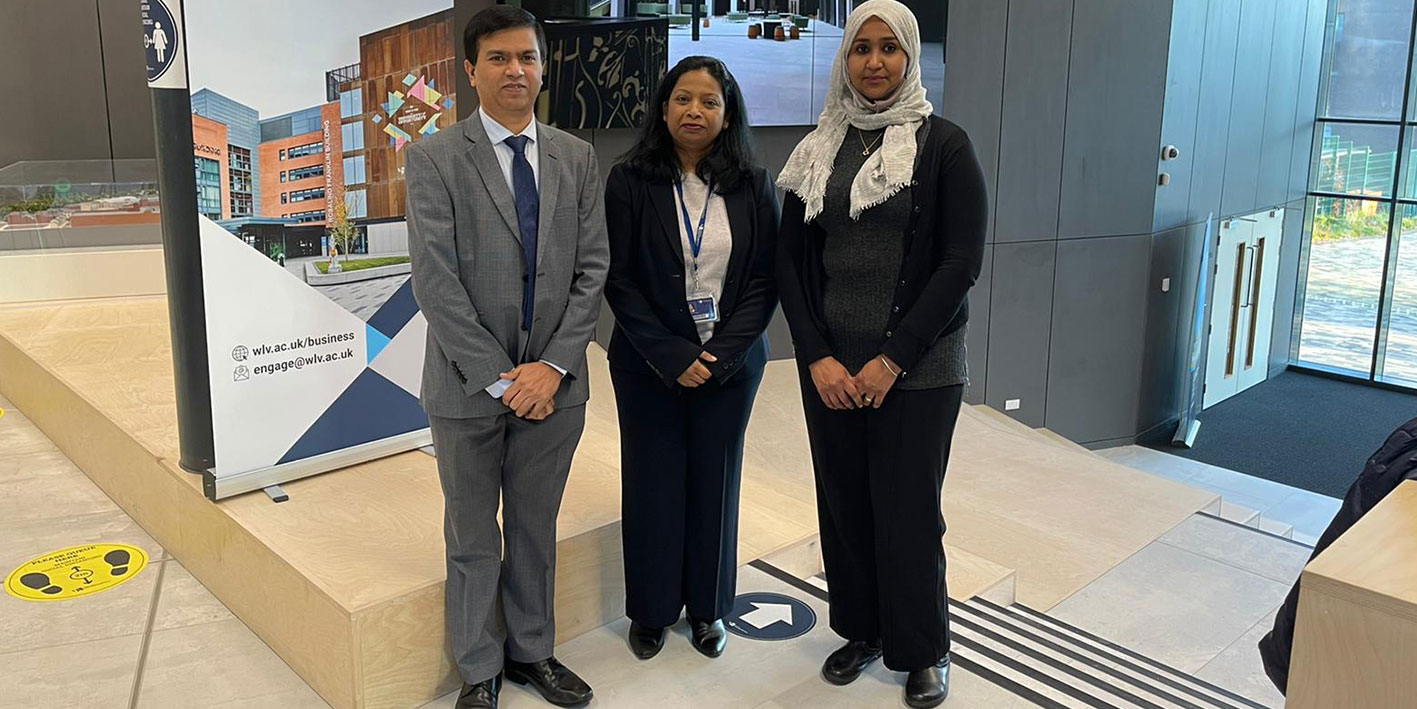
Global Megatrends and the Black Country – new report highlights key influences for the future
A new report from a University of Wolverhampton academic has identified the global forces that could shape the future of the Black Country.
Global Megatrends and the Black Country reviews and summarises latest data, trends and forecasts. The result is a guide to the social, technological, economic, environmental and political megatrends that are most likely to most influence the Black Country over the next 20-40 years.

New technology, expanding export markets and international influences are all set to impact on the region and the report's author, Dr Stuart Connor, says “It may not be possible to know the future, but it is possible to anticipate and prepare for some of the risks and opportunities the future may hold.”
The report covers issues such as the growing influence of China and India, the threats posed by climate change, the continued growth of public debt and the impact of new technologies on society.
Dr Connor, a Reader in Social Welfare, said: “It is likely that technology will play an important role in the future of the Black Country. Robotics, artificial intelligence and bio-technologies will not only have an impact on the number and types of jobs available in the 21st Century, but also the nature and role of government and the organisation of health, education and social care.”
The report raises questions as to how the Black Country could prepare for and benefit from what is described as a new machine age and the beginnings of a fourth industrial revolution.
“The Black Country was shaped by and helped shape the industrial revolution. A fourth industrial revolution could be just as vital for the Black Country. To anticipate the future, policy makers, businesses and the wider public should have open access to the latest data, trends and forecasts.”
The report, as part of the Dial 481 project at the University of Wolverhampton, is not an attempt to predict the future but to develop awareness of these global megatrends. It is intended to be the first in a series of briefings and opportunities to inform ongoing conversations across the Black Country and beyond as to how the future could and should be shaped.
Vice-Chancellor Professor Geoff Layer said: “A key role of universities is to use its knowledge base to help to create the tools to maximise planning. Megatrends are a key aspect of such a framework and this report provides an insightful approach.”
Dr Connor will be discussing Global Megatrends and the Black Country at a public lecture as part of the University of Wolverhampton’s Open Day on Saturday October 7. The talk will be in the Millennium City Building, City Campus from 12.30pm-1.30pm – room MC331, and all are welcome.
For more information on the public lecture, the Global Megatrends and Black Country report and the Dial 481 project, follow the Dial 481 project on twitter @Dial481 or Email stuart.connor@wlv.ac.uk.
Further information
About the Author
Stuart Connor is a Reader in Social Welfare in the Institute of Community and Society, at the University of Wolverhampton. With a background in policy analysis, in books published to date, Social Policy for Social Welfare professionals, co-authored with Graeme Simpson, and What's Your Problem?, a recurrent theme is to not only understand the impact that policies have on people's lives, but to also explore how people can and should have an impact on policies and future practices.
Stuart’s current research, as part of the Dial 481 project, works with individuals, groups and institutions to inform and support future debates, policies and practices. He used data from various sources including the World Bank, United Nations, International Monetary Fund, and Organisation for Economic Co-operation and Development.
The reference 481 relates to a Philip K Dick novel ‘Do Androids Dream of Electric Sheep?’ in which the number 481 could be dialed to gain awareness of the ‘manifold possibilities’ in the future.
For more information please contact the Corporate Communications Team.


/prod01/wlvacuk/media/departments/digital-content-and-communications/images-2024/240328-Varsity-Line-Up-Resized.jpg)
/prod01/wlvacuk/media/departments/digital-content-and-communications/images-18-19/220325-Engineers_teach_thumbail.jpg)
/prod01/wlvacuk/media/departments/digital-content-and-communications/images-2024/240423-Additive-Research-Centre-Launched.jpg)
/prod01/wlvacuk/media/departments/digital-content-and-communications/images-2024/240320-Uzbekistan-Resized.jpg)
/prod01/wlvacuk/media/departments/digital-content-and-communications/images-2024/240229-The-Link-Resized.jpg)
/prod01/wlvacuk/media/departments/digital-content-and-communications/images-2024/240423-Arts-Connect-Resized.jpg)

